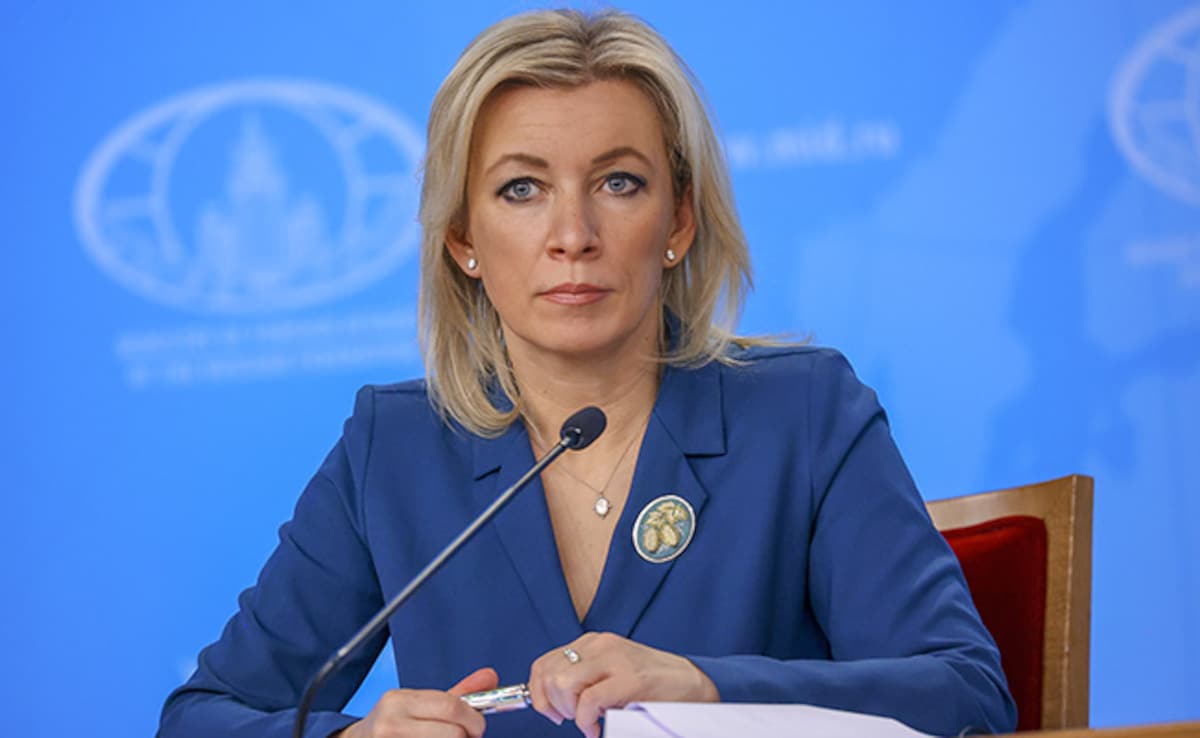Three Indian-origin researchers are among nine scientists named recipients of a prestigious award for young scientists in the UK who are pushing the boundaries of science and working to make the world a better place.
The Blavatnik Awards For Young Scientists in the UK recognise research that is transforming medicine, technology, and our understanding of the world across three categories: Chemical Sciences, Physical Sciences & Engineering, and Life Sciences.
The recipients, including Professors Rahul R Nair, Mehul Malik, and Tanmay Bharat will be honoured at a black-tie gala dinner and award ceremony in London on February 27 and will receive grants totalling 480,000 pounds.
?The Blavatnik Awards and @nyasciences are excited to announce the Honourees of the 2024 Blavatnik Awards in the UK! Please join us in congratulating these nine incredible scientists sparking innovations that will transform our future world. Learn more: https://t.co/DlS3iZBxKm pic.twitter.com/HyurYfdIgf
— Blavatnik Awards (@BlavatnikAwards) January 17, 2024
Nair, a materials physicist at The University of Manchester, was named Laureate in Physical Sciences & Engineering for developing novel membranes based on two-dimensional (2D) materials that will enable energy-efficient separation and filtration technologies, a statement said.
Professor Anthony P Green, an organic chemist from The University of Manchester and Nicholas McGranahan, a computational biologist from University College London (UCL), were also named Laureates.
Malik, the award finalist, was recognised for advancing quantum communications through groundbreaking techniques that harness high-dimensional entanglement, a complex quantum physics phenomenon.
Malik’s innovations enable the normally fragile entanglement to survive long distances and harsh conditions, laying the foundation for noise-robust and high-capacity quantum networks that securely transmit large amounts of information encoded on individual photons.
Malik has done PhD from University of Rochester in New York.
Tanmay Bharat, PhD, from the MRC Laboratory of Molecular Biology (Life Sciences), was recognised for developing cutting-edge techniques in electron cryotomography (cryo-ET) to create atomic-level pictures of cell-surface molecules produced by microscopic bacteria and archaea, as they form multicellular communities including biofilms and microbiomes.
Bharat’s work has important biomedical implications, as most pathogenic bacteria infect humans through biofilm formation, but it also has implications for the fundamental understanding of the dynamics of cell-to-cell interactions that led to the evolution of multicellular life on Earth.
The awards were recognised by the Blavatnik Family Foundation and The New York Academy of Sciences. The 2024 Awards received 84 nominations from 40 academic and research institutions.
“Providing recognition and funding early in a scientist’s career can make the difference between discoveries that remain in the lab and those that make transformative scientific breakthroughs,” said Sir Leonard Blavatnik, Founder and Chairman of Access Industries and Head of the Blavatnik Family Foundation.
Professor Nicholas B Dirks, President and CEO of The New York Academy of Sciences and Chair of the Awards’ Scientific Advisory Council, noted, “From studying cancer to identifying water in far-off planets, to laying the groundwork for futuristic quantum communications systems, to making enzymes never seen before in a lab or in nature, this year’s Laureates and Finalists are pushing the boundaries of science and working to make the world a better place.” PTI NSA NSA














